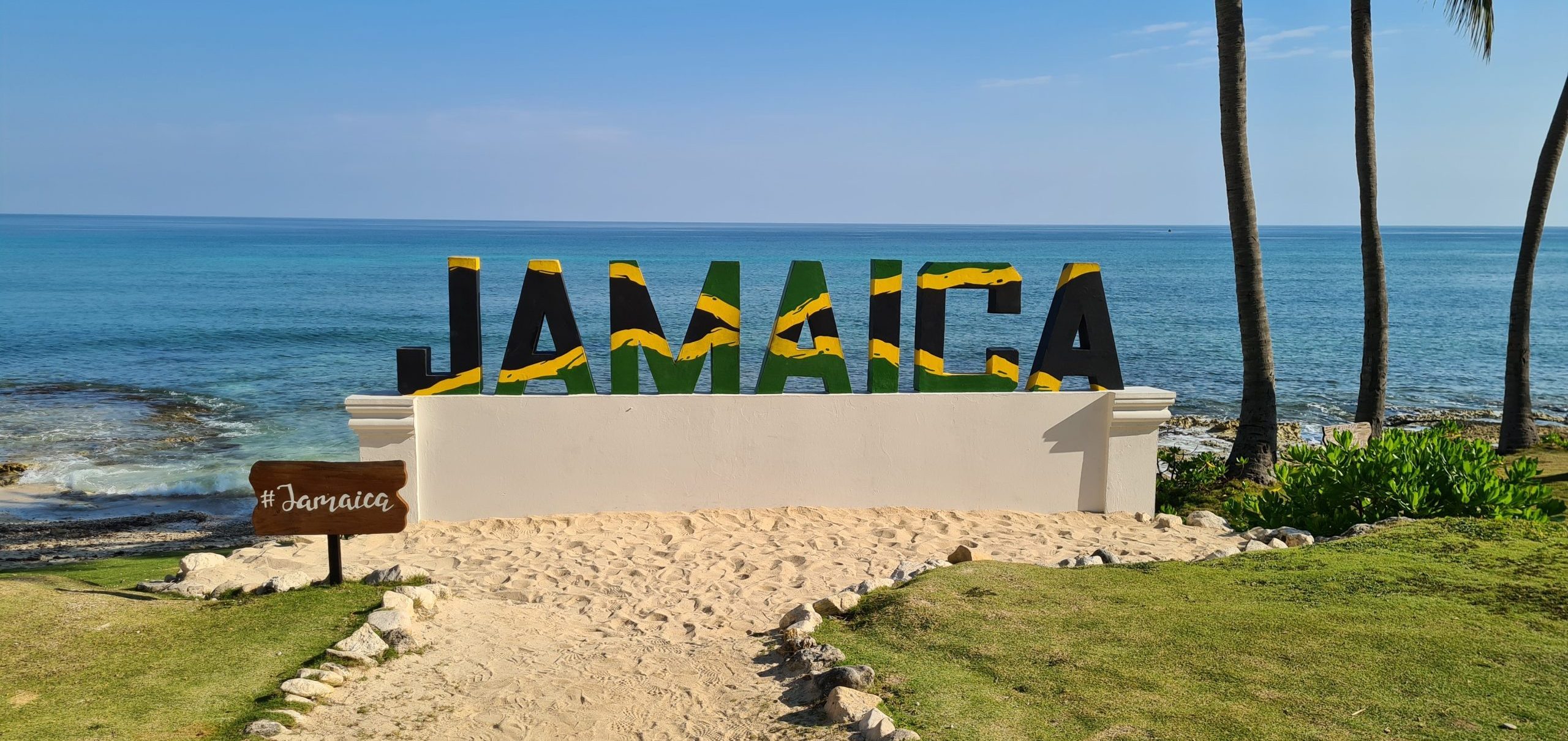The Roots of Ital: Rastafari Philosophy
Ital food, a dietary lifestyle deeply rooted in the Rastafari movement, is more than just a culinary tradition – it’s a way of life that harmonizes physical, spiritual, and environmental well-being. Originating in Jamaica during the early 20th century, this plant-based approach to nourishment stems from the Rastafari philosophy that emphasizes unity with nature and respect for all living beings.
The term “ital” itself is a linguistic adaptation of the word “vital“, signifying the life-giving essence that these foods possess. For Rastafarians, consuming ital cuisine is a means to enhance their connection to the universal life force, or “livity,” which permeates all existence. By embracing this diet, they honor the sanctity of life and strive to live in harmony with the natural order.
Principles of Ital Eating: Simplicity, Purity, and Sustainability
At the core of ital cuisine lie three fundamental principles that guide its practice:
- Whole, Unprocessed Foods: Ital eating emphasizes the consumption of fresh, whole foods that are minimally processed or altered. This includes an abundance of fruits, vegetables, grains, legumes, nuts, and seeds – all obtained through organic and sustainable farming methods.
- Avoidance of Additives and Chemicals: Ital cuisine rejects the use of artificial additives, preservatives, and chemicals, as they are believed to disrupt the body’s natural balance and vitality. Even common household items like iodized salt are often avoided in favor of natural alternatives like sea salt or Kosher salt.
- Mindful and Sustainable Practices: Ital eating extends beyond the plate, promoting mindful and eco-friendly practices. This includes consuming locally grown, seasonal produce, reducing food waste, and supporting community-based agriculture initiatives.
By adhering to these principles, Rastafarians not only nourish their bodies but also cultivate a deep reverence for the natural world and its intricate cycles.
Nutritional Bounty: The Health Benefits of Ital Cuisine
 Ital cuisine is a veritable treasure trove of essential nutrients, offering a wealth of health benefits that extend far beyond its spiritual significance. The emphasis on plant-based, whole foods ensures an abundant supply of vitamins, minerals, fiber, and antioxidants, while minimizing the intake of harmful substances.
Ital cuisine is a veritable treasure trove of essential nutrients, offering a wealth of health benefits that extend far beyond its spiritual significance. The emphasis on plant-based, whole foods ensures an abundant supply of vitamins, minerals, fiber, and antioxidants, while minimizing the intake of harmful substances.
- Vibrant Fruits and Vegetables: Jamaican staples like callaloo, okra, papaya, and mango are rich in vitamins A, C, and E, which bolster the immune system, promote healthy skin, and combat oxidative stress.
- Whole Grains and Starchy Roots: Quinoa, brown rice, sweet potatoes, and yams provide complex carbohydrates, dietary fiber, and essential minerals, contributing to sustained energy levels, improved digestion, and heart health.
- Protein-Packed Legumes: Lentils, chickpeas, and kidney beans offer a plant-based source of protein, iron, and folate, supporting muscle development and red blood cell production.
- Healing Herbs and Spices: Turmeric, ginger, and garlic, commonly used in ital cooking, possess potent anti-inflammatory properties and aid in digestion, further enhancing the overall well-being of the body.
By embracing ital cuisine, individuals can unlock a wealth of nutritional benefits while simultaneously reducing their risk of chronic diseases such as heart disease, diabetes, and certain types of cancer.
Ital Cuisine: A Culinary Canvas of Flavors and Textures
While ital cuisine adheres to strict principles, it is far from restrictive in terms of flavor and variety. Jamaican chefs and home cooks have mastered the art of transforming simple, plant-based ingredients into a vibrant array of dishes that tantalize the taste buds and delight the senses.
- Flavorful Stews and Curries: Hearty stews and aromatic curries, such as callaloo, ackee, and pumpkin, showcase the rich flavors of Jamaican spices and herbs, creating a symphony of taste that lingers on the palate.
- Crisp and Colorful Salads: Refreshing salads made with vibrant greens, juicy fruits, and crunchy nuts and seeds offer a burst of flavors and textures, providing a refreshing counterpoint to heartier dishes.
- Satisfying Grain Bowls: Quinoa, brown rice, or millet bowls topped with sautéed vegetables, beans, and flavorful sauces create a filling and nutritious meal that can be customized to suit individual tastes.
- Tropical Fruit Delights: Jamaica’s abundance of tropical fruits, such as mango, pineapple, and soursop, lend themselves to a variety of sweet treats, from refreshing smoothies to decadent sorbets and jams.
Ital cuisine celebrates the natural flavors of its ingredients, allowing their vibrant colors, textures, and aromas to shine through in every dish.
Beyond the Plate: Ital Cuisine’s Impact on Communities
The influence of ital cuisine extends far beyond the realm of personal health and spirituality. By embracing this lifestyle, individuals contribute to the preservation of cultural heritage, the promotion of environmental sustainability, and the empowerment of local communities.
- Cultural Preservation: Ital cuisine serves as a powerful symbol of resistance and empowerment within the Rastafarian movement, celebrating African heritage and rejecting oppressive systems. Its practice helps to maintain and pass down traditional culinary knowledge to future generations.
- Environmental Sustainability: The emphasis on locally sourced, organic produce and the avoidance of processed foods significantly reduces the carbon footprint associated with food production and transportation. Additionally, ital cuisine encourages sustainable farming practices and community-based agriculture initiatives, promoting environmental stewardship.
- Community Empowerment: By supporting local farmers and food producers, ital cuisine strengthens local economies and fosters a sense of self-sufficiency within communities. Furthermore, the preparation and sharing of ital meals serve as opportunities for social gatherings, cultural exchange, and intergenerational bonding.
Through its holistic approach, ital cuisine transcends the boundaries of mere sustenance, becoming a catalyst for positive change and a testament to the interconnectedness of individual well-being, cultural preservation, and environmental stewardship.
Ital Cuisine: A Global Embrace
While ital cuisine originated within the Rastafarian community in Jamaica, its influence has transcended borders and cultures, gaining recognition and appreciation worldwide. As more people seek out plant-based, sustainable, and mindful eating practices, ital cuisine has emerged as a beacon of inspiration and a model for conscious living.
In major cities around the world, ital restaurants and cafés have sprung up, offering a taste of authentic Jamaican flavors while adhering to the principles of this ancient tradition. These establishments not only cater to the Rastafarian community but also attract a diverse clientele seeking delicious and nourishing plant-based fare.
Moreover, the principles of ital cuisine have resonated with various health and environmental movements, inspiring individuals and communities to adopt more sustainable and mindful eating habits. From farm-to-table initiatives to urban gardening projects, the ethos of ital cuisine has found fertile ground in various corners of the globe.
As the world becomes increasingly aware of the interconnectedness of our food choices, personal well-being, and environmental impact, ital cuisine stands as a shining example of how ancient wisdom can pave the way for a more sustainable and harmonious future.
Ital Cuisine and Dietary Considerations
While ital cuisine offers a wealth of nutritional benefits, it is essential to approach this lifestyle with mindfulness and balance. Like any dietary practice, there are certain considerations to keep in mind:
- Protein Sources: As a predominantly plant-based diet, ital cuisine may require supplementation or careful planning to ensure adequate protein intake, especially for individuals with higher protein needs, such as athletes or pregnant women.
- Vitamin B12: This essential vitamin is primarily found in animal-based foods, and individuals following a strict ital diet may need to consider fortified plant-based sources or supplements to prevent deficiency.
- Nutrient Density: While ital cuisine emphasizes whole, unprocessed foods, it is essential to ensure a diverse array of nutrient-dense options to meet the body’s various nutritional requirements.
- Individual Needs: As with any dietary approach, it is crucial to consider individual health conditions, allergies, or intolerances and make necessary adjustments to ensure optimal well-being.
By working with qualified healthcare professionals and nutritionists, individuals can tailor the ital lifestyle to their specific needs, ensuring a balanced and well-rounded approach to nourishment.
The Ital Lifestyle: Embracing Mindfulness and Sustainability
The ital way of life extends beyond the realm of food, encompassing a holistic approach to mindfulness and sustainability. Rastafarians strive to live in harmony with nature, minimizing their environmental impact and promoting conscious consumption.
- Minimizing Waste: Ital living encourages the reduction of waste by prioritizing reusable and biodegradable materials, composting organic matter, and repurposing or upcycling items whenever possible.
- Sustainable Living Practices: From embracing renewable energy sources to implementing water conservation measures, ital living promotes eco-friendly practices that minimize the strain on natural resources.
- Mindful Consumption: Ital living encourages individuals to be mindful of their consumption patterns, questioning the necessity of material possessions and prioritizing experiences and connections over material wealth.
- Community Engagement: Ital living fosters a sense of community, encouraging individuals to participate in local initiatives, support sustainable agriculture, and share knowledge and resources with others.
By adopting the ital lifestyle, individuals not only nourish their bodies but also contribute to the preservation of the planet and the well-being of future generations.
Ital Cuisine in the Modern World: Adapting and Evolving
As the world continues to embrace plant-based diets and sustainable living practices, ital cuisine has proven its adaptability and relevance in the modern culinary landscape. Chefs and home cooks alike have embraced the principles of ital cuisine, infusing it with contemporary twists and global influences while staying true to its core values.
- Fusion Flavors: Ital cuisine has seamlessly blended with various culinary traditions, giving rise to innovative fusion dishes that celebrate the diversity of flavors and techniques from around the world.
- Plant-Based Innovation: The growing demand for plant-based alternatives has inspired chefs to explore new ingredients and cooking methods, creating ital-inspired dishes that cater to a wide range of dietary preferences and lifestyles.
- Sustainability in the Spotlight: As concerns over environmental sustainability and ethical food production practices continue to grow, ital cuisine’s emphasis on local, organic, and mindful practices has gained increased recognition and appeal.
- Culinary Education: Culinary institutions and schools have begun to incorporate ital cuisine into their curricula, recognizing its cultural significance and the need to equip future chefs with the knowledge and skills to cater to diverse dietary preferences.
By embracing innovation and adaptation, ital cuisine has solidified its place in the modern culinary landscape, offering a delicious and sustainable path toward nourishing both body and soul.
Ital Cuisine: A Celebration of Life and Harmony
Jamaican ital cuisine is more than just a dietary practice; it is a holistic way of life that celebrates the interconnectedness of individual well-being, cultural heritage, and environmental stewardship. By embracing the principles of whole, unprocessed foods, mindful consumption, and sustainable practices, ital cuisine offers a path toward physical, spiritual, and ecological harmony.
As the world continues to grapple with the challenges of environmental degradation, chronic diseases, and cultural erosion, the wisdom embedded in ital cuisine provides a beacon of hope and inspiration. By reconnecting with the ancient teachings of the Rastafari movement and embracing the nourishing power of plant-based, locally sourced foods, we can cultivate a deeper appreciation for the natural world and our place within it.
Whether you are a seasoned practitioner of ital living or a curious explorer seeking a more mindful and sustainable approach to nourishment, Jamaican ital cuisine invites you to embark on a journey of discovery, where every bite is a celebration of life, culture, and the interconnectedness that binds us all.
For recommendations on some of the best times to visit Jamaica, you can check out our guide here.
—
If you’re traveling to Jamaica alone, ensure you take all the necessary measures to keep safe. Read about how you can stay safe while visiting Jamaica. If you decide to visit any resort, be sure to tag us in your photos and videos @resortcaribbean, and follow our socials: Instagram, Facebook, YouTube.






![What You Need to Know before Visiting Azul Beach Resort Negril Jamaica Gourmet All-Inclusive [Resort Review] Azul Beach Resort Pool](https://resortcaribbean.co/wp-content/uploads/2021/09/20210828_091210-2-100x70.jpg)

![Visiting Ocean Coral Spring – One of Jamaica’s Most Famous Resorts [Resort Review] Visiting Ocean Coral Spring - One of Jamaica's Most Famous Resorts](https://resortcaribbean.co/wp-content/uploads/2021/11/20211106_155809-scaled-e1716408051807-100x70.jpg)
[…] What to Know about Jamaican Ital Food […]